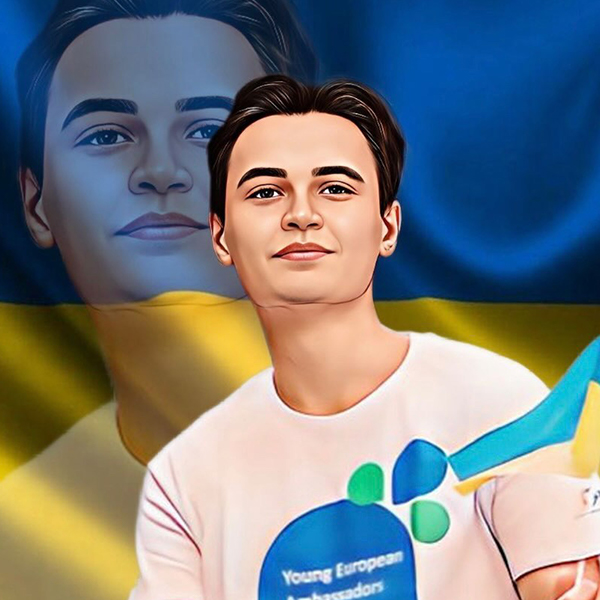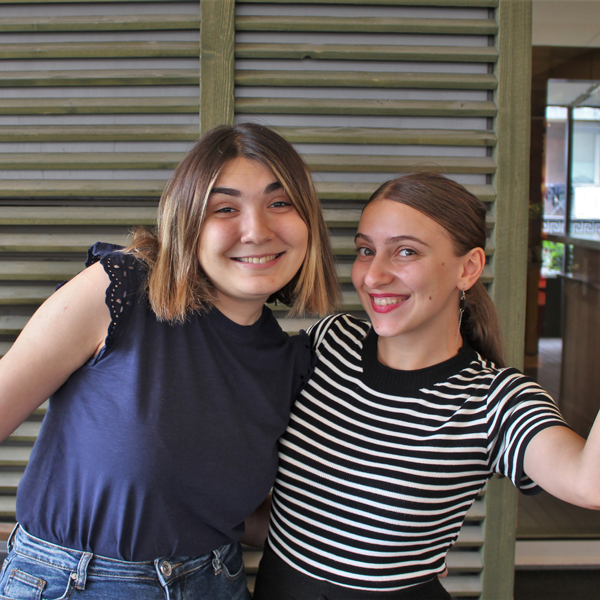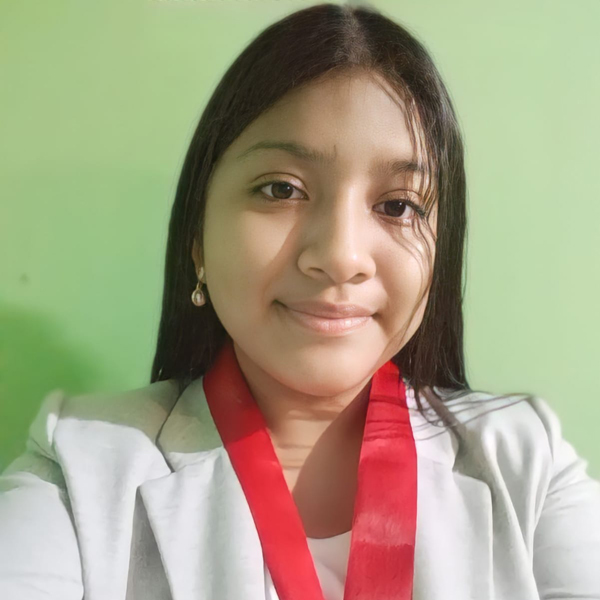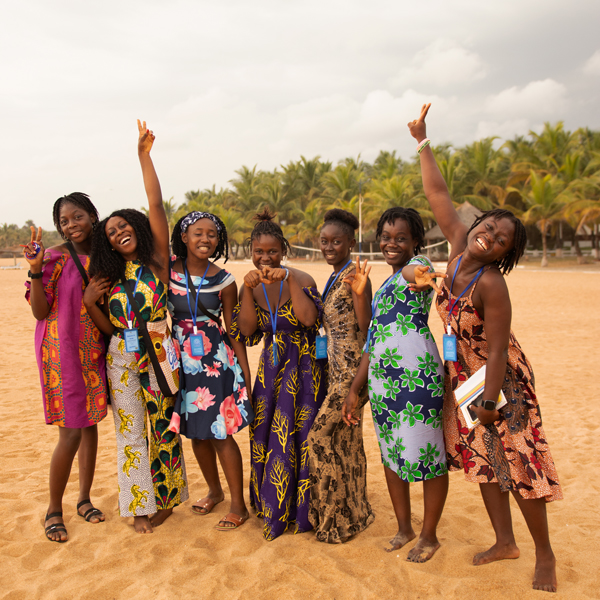This blog post was written in coordination with Youth Leadership Council member Rostуslav Semka.
Young people are a potent force to transform communities and global processes. To inspire youth to become activists, we spoke with four members of our Youth Leadership Council about their experiences and drive to action.
Youth around the world are becoming catalysts for change, rejecting the status quo, and working to improve the world around us. Their activism and commitment create new perspectives, open paths to solving global problems, and inspire others.
Any young person, no matter where they are, can have influence and become a leader. The path to leadership stems from a belief in one’s own strength and abilities; there is no need to wait for permission or support from others to take action.
To further explore youth activism and inspire young people to take their first step toward creating change, we spoke to four members of GFC’s Youth Leadership Council from four different countries. Each has their own unique story, way of seeing the world, and goals, but they all have one thing in common – the desire to make real changes in their communities and bring the light of the future into the present.
What is youth leadership for you? What motivates you to act?
“From my perspective, youth leadership is a mobilizing resource that comes with a lot of responsibility, both for the community we work with and for our mental health. I’m a woman from the Global South, and in this part of the world, youth leadership is understood to be from and for the community, rather than something personal, which requires us to open our visions to diversity and inclusion. My personal motivation is to be able to raise a voice that is not usually heard, to be able to mobilize and take part in decision-making where we are often not involved.” – Paloma J. Paul
Paloma is an activist with Disidencias en Red, a political advocacy organization that promotes LGBTQI+ rights in Chile and the world. Her life path and desire to act are powered by an indomitable will and inspired by her dream of creating a better world.
How does the political and social context in your country impact the role and effectiveness of youth leaders and activists?
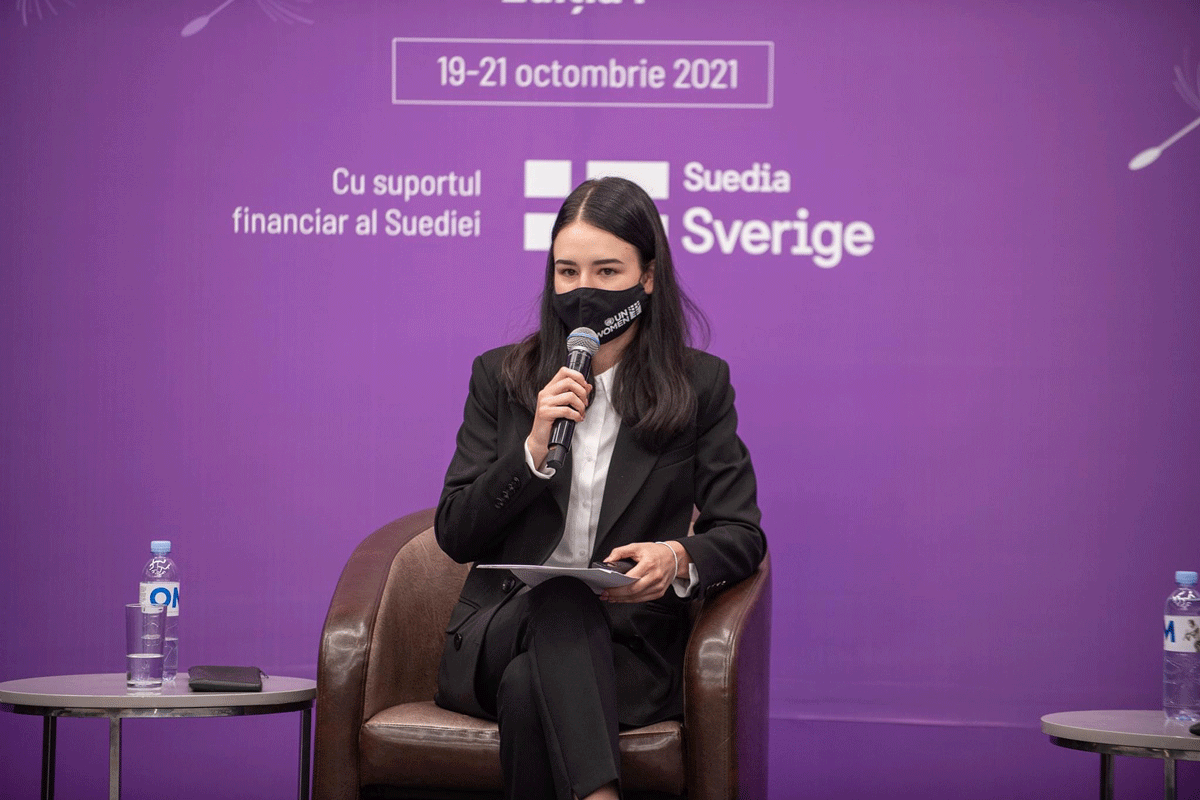
“First of all, there are still lots of people who consider that youth are not very competent, and that it should be mainly adults leading change, so our opinions are often dismissed by the general public. Additionally, for my field of work, which is gender equality, people are very misinformed. They believe that since equality of rights was reached, gender equality was also reached, which of course is not the case. They also think feminism promotes female supremacy, and they associate feminism with lots of negative stereotypes. This makes our work harder.
I think this challenge mainly manifests through the fact that we are overlooked. Invitations to events are more sent as an afterthought, or there is only one person included in an entire event or even conference with [tons] of panelists. So even though young people are the future, we are very underrepresented in spaces of discussion. I think older people are much more misinformed; usually youth have exposure to some kind of ideas of equality through social media. I believe we need to have a better public discourse about it, campaigns to tell people about what feminism really means.” – Milena Rusu
Milena is a feminist activist who founded Feminismd, the first youth-led organization focused on fighting for gender equality in Moldova.
What strategies or approaches have you found effective in mobilizing and engaging other young people in your community or country to participate in activism and take on leadership roles?
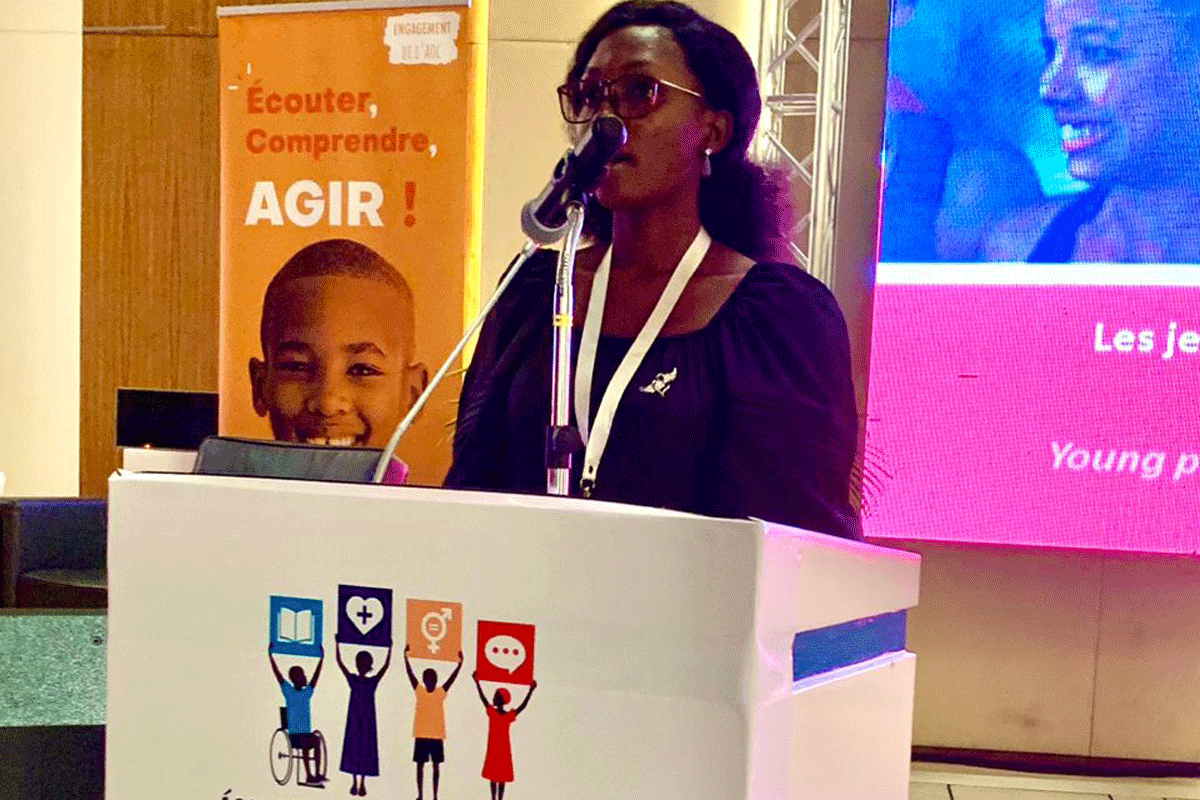
“As a Nigerian health advocate, there are several approaches that I have found effective, particularly around peer-to-peer engagement and digital media.
Young people in Nigeria are inspired and influenced by their peers. Youth-led campaigns, workshops, and community events are organized in ways that spark youth interests and foster a sense of solidarity, motivating young individuals to get involved in activism and leadership roles.
Leveraging the power of social media and digital platforms has increased engagement and learning experiences among young people in my country. Through utilizing online communities, virtual campaigns, podcasting, web-based capacity-building forums, and social media spaces where young Nigerians are mostly present, there is more room to effectively reach, inspire, and mobilize a large number of youth toward activism and leadership.” – Adibeli Chidinma
Adibeli is a youth and adolescent health advocate in Nigeria. She promotes good health for young people in Africa by sharing relevant skills and information through learning forums such as podcasts, media campaigns, and community outreach.
What advice would you give to young people in your country who aspire to become effective leaders and activists?
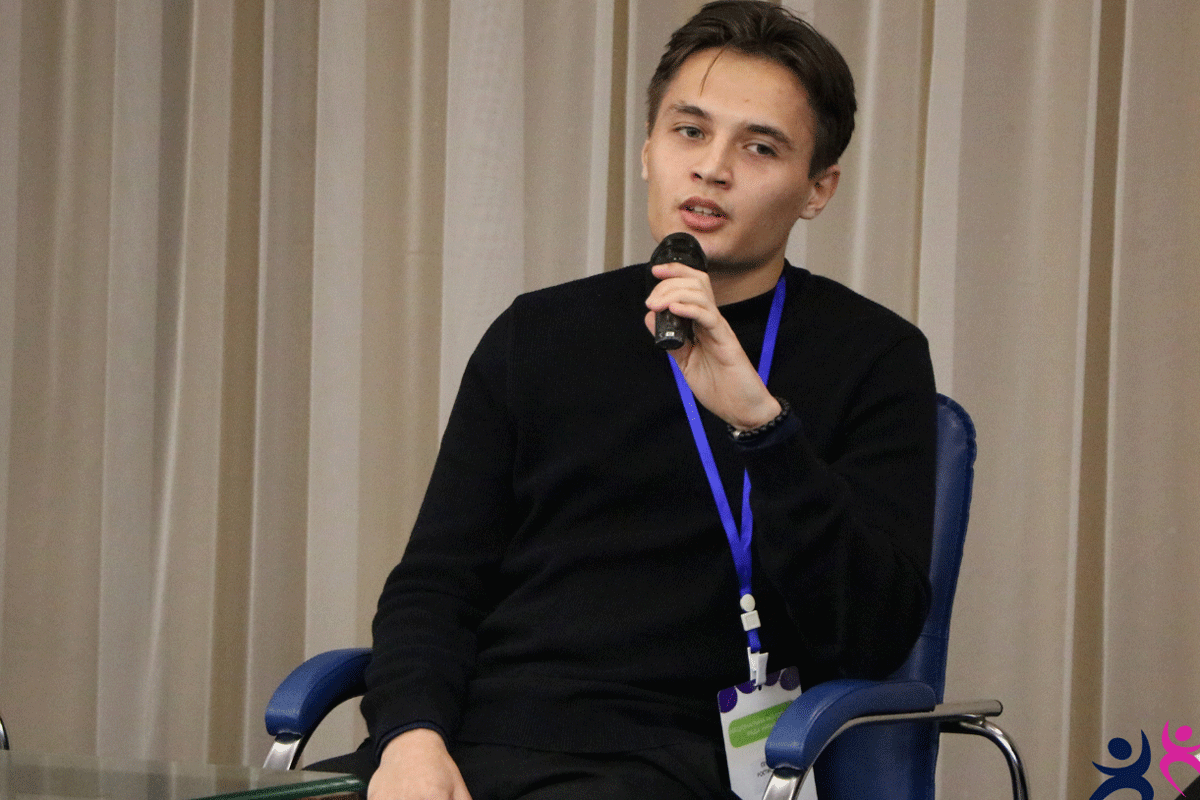
“Every young person has the potential to become a leader and activist. The main things are the desire to act, willingness to learn, and a goal to change their community for the better.
Start by researching and understanding the issues that interest you. The more you know about these problems, the better you can find ways to solve them. Then consider joining youth organizations, communities, or initiatives that work on the challenges that concern you the most. This will give you the opportunity to work with like-minded people in the implementation of projects. Or you can create your own initiative or project aimed at solving a specific problem or supporting the community.
Also try to develop your skills, maybe through free online courses or trainings from community-based organizations. Focus on developing personal skills that are essential for leadership and activism. Learn to communicate effectively, collaborate with others, make decisions, and manage projects. Developing time management and adaptability skills will also prove beneficial.
Most importantly, do not be afraid of failure! Remember that failure and mistakes are part of the learning process. Don’t give up if you encounter obstacles; on the contrary, learn from them. Always believe in yourself!” – Rostуslav Semka
Rostуslav has been working in the civic sector in Ukraine since 2019 and is the head of a nongovernmental organization called Inspiration Place.
Youth activism is the key to change. Young people have a fresh view on problems and innovative ideas that can transform communities and influence global processes.
At the same time, youth activism is not limited to major world movements and global issues. Every person, regardless of their age, gender, or background, has the potential to become a leader and make positive changes in their city, village, or circle of people.
“Our final message to young people is not to wait for the ‘perfect’ moment – start taking action today!” – Youth Leadership Council
